Interview with Giovanni Maria Vian. Director of the L’Osservatore Romano Professor of Patristic Philology at the University of La Sapienza in Rome.
“POPE BENEDICT XVI SPEAKS LIKE AN AUTHENTIC FATHER OF THE CHURCH”
Interview with Giovanni Maria Vian. Director of the L’Osservatore Romano Professor of Patristic Philology at the University of La Sapienza in Rome.
We present an interview conducted by www.earlychristians.org with Giovanni Maria Vian, Director of the L’Osservatore Romano, in which he points out the wish of Pope Benedict XVI to highlight the exemplary lives of the early followers of Christ whom he considers a proof of the transforming power of Christianity.
THE PONTIFICATE OF BENEDICT XVI HAS BEEN A CONTINUOUS CATECHESIS ON THE EARLY CHRISTIANS. HOW CAN THIS BE RELEVANT TO THE MODERN DAY CHRISTIAN GIVEN THAT THE EARLY FOLLOWERS OF CHRIST LIVED IN A SEEMINGLY DISTANT PAST?
Yes, “seemingly” distant but in reality, quite very close. I remember one experience I had when I was a student – I was 20 years old – and because it was the 25th wedding anniversary of my parents, along with my relatives, we were able to attend an audience with Paul VI. He asked me what I was doing at the moment. Back then, I was already studying the Fathers of the Church and thus suddenly I responded with a very adequate expression: “Luci che vengono da lontano”, “lights that come from a distance”. It seemed to me a phrase that encompassed everything: it covers the difficulty of knowing and understanding certain figures and personas of the past centuries. Because of course, that was a long time ago! And it becomes even more difficult when we talk about the prevailing mentality during that time. But at the same time, they can be perceived as lights, although its luster may be weak and dim.
It is the Christian tradition, and this is the aim of the Pope in his decision to speak about it – in the audiences every week – first about the Apostles and the very first generations of Christians and later, the Fathers of the Church. By the word “tradition”, it is meant to be transmitted and the tradition is a fundamental and indispensable concept of the Christian faith. This decision of the Pope is very important because it invites the Christians of today to renew their relation with the Christian tradition of their faith.
IN GENERAL, WHEN SPEAKING ABOUT THE EARLY CHRISTIANS, A LOT OF PEOPLE HAVE STEREOTYPICAL IMPRESSIONS THAT ARE QUITE DISTANT FROM WHAT WAS THE “EVERYDAY LIFE” OF THE EARLY CHRISTIANS; IN FACT, ALL EARLY CHRISTIANS SEEM TO HAVE BEEN EITHER MARTYRS OR FATHERS OF THE CHURCH. UP TO WHAT EXTENT IS THIS IMPRESSION TRUE?
It is evident that the Fathers of the Church were mostly intellectuals, masters of the faith, and when we speak of the early Christians, it is just natural that they first come to mind. “Father” is a word that in Church tradition means ‘person with authority’. On the other hand, the martyrs are witnesses of Christ; because martyrdom means that, a witness, a testimony. And it is the same “martyrdom” that any Christian can offer even now.
It is obvious that they are exceptional figures, but at the same time, they are figures that have known to live the experiences of Christ. The Pope wrote for us in his first encyclical that Christianity is not an ideology, and neither is it an ethical code: it is rather an encounter with a person, Christ. What the Fathers transmit with their lives is an experience with Christ, but they have known to do it in both a creative and simple way. And it is what the Pope is currently doing.
Even before being director of the L’Osservatore Romano – I have been writing for newspapers for more than 30 years now – a lot of times, I have been asked to comment on the characteristics of Benedict XVI. For me, one of his characteristics is the fact that he is so imbued with the Christian tradition that he does not need to cite a lot of things from the Fathers; but rather, he speaks and sounds like an authentic Father of the Church and, moreover, is understood despite the fact that they are very profound discourses. It is a way to immerse oneself in the deepness of Christianity but at the same time, still maintaining a good level of comprehensibility. It is also a very lay experience because the Fathers of the Church have learned to use all the resources of classic culture: the Christians did not constitute a corpus separatum, but rather they were just like the rest. Then at the end of the second century, Diognetum writes that the Christians were not distinguishable from the rest for their language, neither for their way of dressing up, but rather that they were for the world what the soul is for the body.
AT THE MOMENT AS IT WAS DURING THE TIME OF THE EARLY CHRISTIANS, THE CHURCH DEFENDS A WAY OF LIFE THAT IS PRECISELY TO LIVE IN AN ADVERSE ENVIRONMENT. HOW IMPORTANT DO YOU THINK DID THE COHERENCE OF THE LIVES OF THE EARLY FAITHFUL HAVE ON THE EXPANSION AND THE CONSOLIDATION OF CHRISTIANITY AND HOW IMPORTANT IS IT FOR US AT THE PRESENT?
I often wonder, “when has it been not difficult to be a Christian in whatever part of history?” Because there might have been less difficult moments, but it is always difficult to be coherent. But of course, in a time like ours now when secularism is becoming more and more extensive, for Christians it is fundamental to acquire greater maturity to be more responsable and to know how to face these challenges.
NOWADAYS, IT IS NOT THAT COMMON ANYMORE THAT PEOPLE TAKE INTEREST IN THE WORKS OF THE FATHERS OF THE CHURCH, EXCEPT IN SPECIALIZED AREAS OF STUDY; AS PROFESSOR OF PATRISTIC PHILOLOGY, WHAT CAN BE CONSIDERED OF SPECIAL INTEREST IN THESE TEXTS FROM BOTH THE DOCTRINAL AND CULTURAL POINTS OF VIEW?
From the point of view of doctrine, these texts are very important because on them is Christianity deeply forged.
Around the sixth century, the four great Councils- Nicaea, Constantinople, Ephesus, and Chalcedon – took place. A little more than a century later, between 325 and 451, a certain theological maturity was reached with the rise of St. Gregory the Great – perhaps the most important Pope of the Middle Ages – to define the four ancient Councils similar to the “four Gospels”. Of course, not with this was the whole theological debate resolved. But it is evident that the patristic times were fundamental in the development of Christian thought and culture. Also, they were also related to the worldly culture of the time, the relation in which the Christians were not the first ones to anticipate but rather the hellenistic Jews.
From a cultural perspective, the importance lies in the fact that the Fathers of the Church know how to assume the worldly culture and this way, they had conserved and transmitted it. Without these texts, we would not be able to read classic tradition. If not for this Christian “intervention”, for example, the monks of the medieval times would not have been able to copy the works of the classical authors like Horace, Catulus, Virgil or Ovid.
IT IS VERY NOTEWORTHY THE SPECIAL PREDILECTION OF THE HOLY FATHER OF THE FIGURE OF SAINT AUGUSTINE, AS SHOWN FROM HIS RECENT AND NUMEROUS SPEECHES ABOUT HIM. IN YOUR CASE, IS THERE A FIGURE OF EARLY CHRISTIANITY WHICH YOU ARE PARTICULARLY ATTRACTED TO?
Uhm… St. Jerome. Surely St. Jerome. He was an extraordinary intellectual, philologist – and I am a philologist myself. And he is the Saint of the Humanities. He is a figure that is of immense interest to me.
AS THE DIRECTOR OF THE L’OSSERVATORE ROMANO, WHAT DO YOU THINK ARE THE MOST IMPORTANT CHALLENGES THAT THE NEWSPAPER FACES AND WHAT ARE ITS PRINCIPAL OBJECTIVES?
To inform increasingly more about the Pope and the Holy See. To be able to do this on the internacional level. To participate more in intellectual debates and to pave the way for the growth of the understanding between men and women in our times; among Catholics, among Christians, among believers and even among the non-believers. These objectives are a lot, the main objective however is basically to spread the word more.


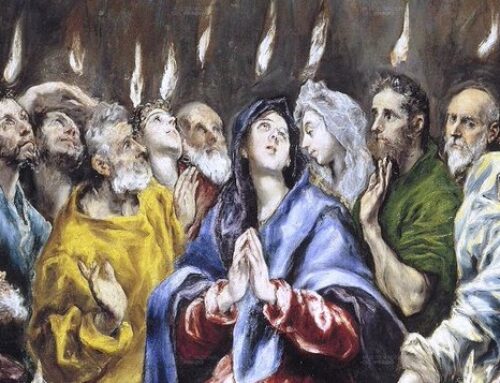
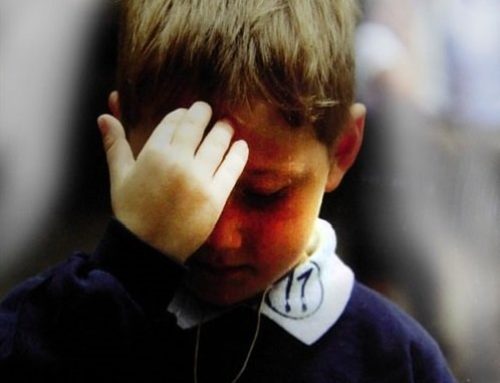
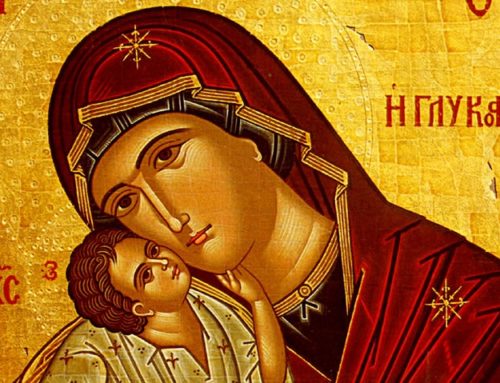
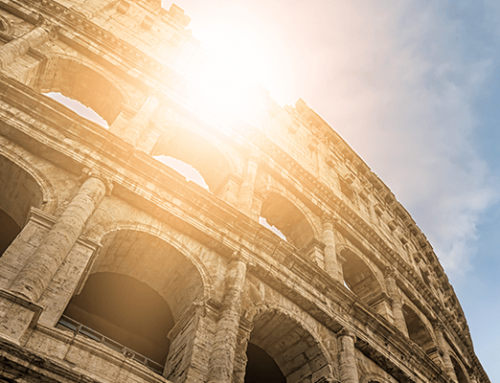
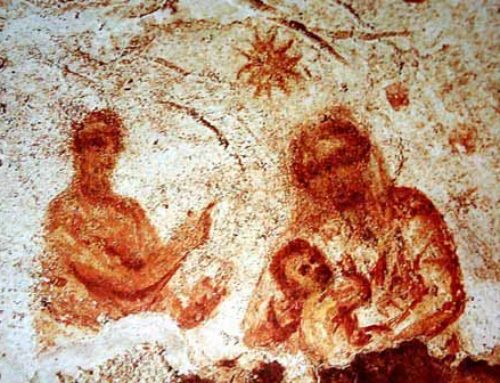
Leave A Comment
You must be logged in to post a comment.